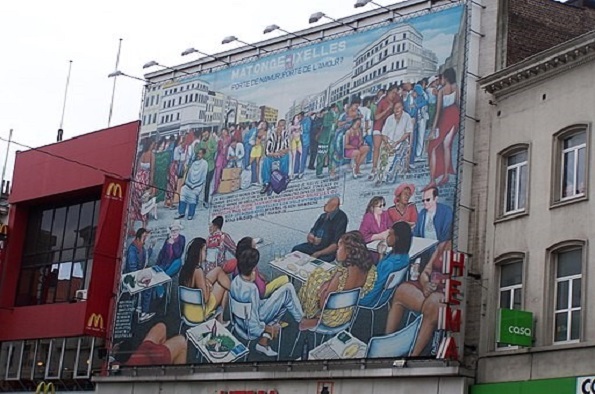
Politics, Poetics, and the Postcolonial Intellectual in Brussels
- Dr Maria Flood
- Admission: This is a free event, however please register via the Eventbrite link provided
- Book now
Add this event to my calendar
Click on "Create a calendar file" and your browser will download a .ics file for this event.
Microsoft Outlook: Download the file, double-click it to open it in Outlook, then click on "Save & Close" to save it to your calendar. If that doesn't work go into Outlook, click on the File tab, then on Open & Export, then Open Calendar. Select your .ics file then click on "Save & Close".
Google Calendar: download the file, then go into your calendar. On the left where it says "Other calendars" click on the arrow icon and then click on Import calendar. Click on Browse and select the .ics file, then click on Import.
Apple Calendar: The file may open automatically with an option to save it to your calendar. If not, download the file, then you can either drag it to Calendar or import the file by going to File >Import > Import and choosing the .ics file.
Bio: Sarah Arens is a British Academy Postdoctoral Fellow and, as of December next year, a Lecturer in French at the University of Liverpool. Sarah's research focuses on fictional and scientific texts, and visual culture, produced during and in the aftermath of Belgian colonialism, as well as science and speculative fiction in French. She is currently finishing a monograph on representations of the city of Brussels in Francophone postcolonial fiction for Liverpool University Press.
